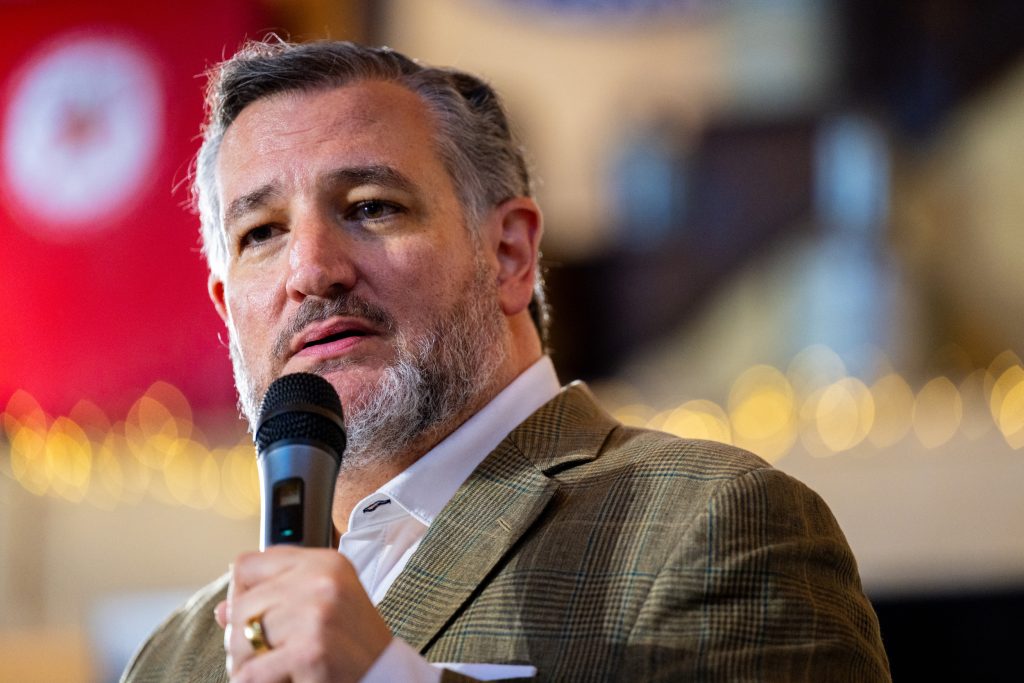Texas’ largest newspaper, the Houston Chronicle, criticized Senator Ted Cruz, a Texas Republican, on Saturday in an editorial, stating that his remarks about the shooting death of United Healthcare CEO Brian Thompson were meant to “vilify, inflame, and divide.”
Thompson, 50, was shot and killed on December 4 while on his way to speak at UnitedHealth Group’s investor conference in Midtown Manhattan. According to New York City Police (NYPD) Commissioner Jessica Tisch, Thompson was struck in the back and leg.
Authorities arrested 26-year-old suspect Luigi Mangione on Monday at a McDonald’s in Altoona, Pennsylvania. Mangione is currently facing a second-degree murder charge, along with other charges in New York, and also faces charges in Pennsylvania. A manifesto discovered with Mangione indicated his alleged actions were motivated by anger toward the health insurance industry, referring to executives as “parasites.”
On Monday, Cruz took to X, formerly Twitter, to comment on the shooting, condemning “leftists” who expressed sympathy for the suspected shooter or showed approval over the fatal shooting.
“Leftism is a mental disease. The suspected murderer, an Ivy League graduate, ‘subscribed to anti-capitalist and climate-change causes, according to law enforcement.’ And the murderer has been widely celebrated by leftists online. Tragic & sick,” Cruz wrote.
In an editorial published by the Chronicle on Saturday, the newspaper’s editorial board criticized Cruz’s response, describing it as a post designed to “vilify, inflame, and divide.”
“This week, he jumped into the ongoing headlines about the murder of United Healthcare CEO Brian Thompson and suspect Luigi Mangione by doing what he does best: reducing complex issues and people to sound bites (or social media posts) that vilify, inflame, and divide.”
Newsweek reached out to Cruz’s office via email on Sunday morning for comment.
The editorial board also noted that Cruz’s point about the situation being “tragic & sick” holds “some merit, not just because celebrating murder is tragic and sick, but because some of those doing it have had their own experiences with tragedy and sickness exacerbated by healthcare denials.”
The board continued: “But blaming vengeful anger on ‘leftism’? Cruel health insurance practices in this country are their own kind of disease. Cruz could help heal it, if he wanted. But that would require doing his job.”
Public reactions to Thompson’s death and Mangione’s arrest suggest that a large segment of the American public may sympathize with the suspect, with many viewing Mangione as a folk hero of sorts—channeling their anger and frustration toward the private health insurance industry.
While many also stated they did not approve of Mangione’s actions, they struggled to feel empathy for Thompson.
The murder has become a flashpoint in the public’s anger over the healthcare industry, with many pointing to their own negative experiences dealing with insurance claims.
It remains unclear whether any real movement is forming, or if support for Mangione and indifference toward Thompson’s death is confined exclusively to the left.
